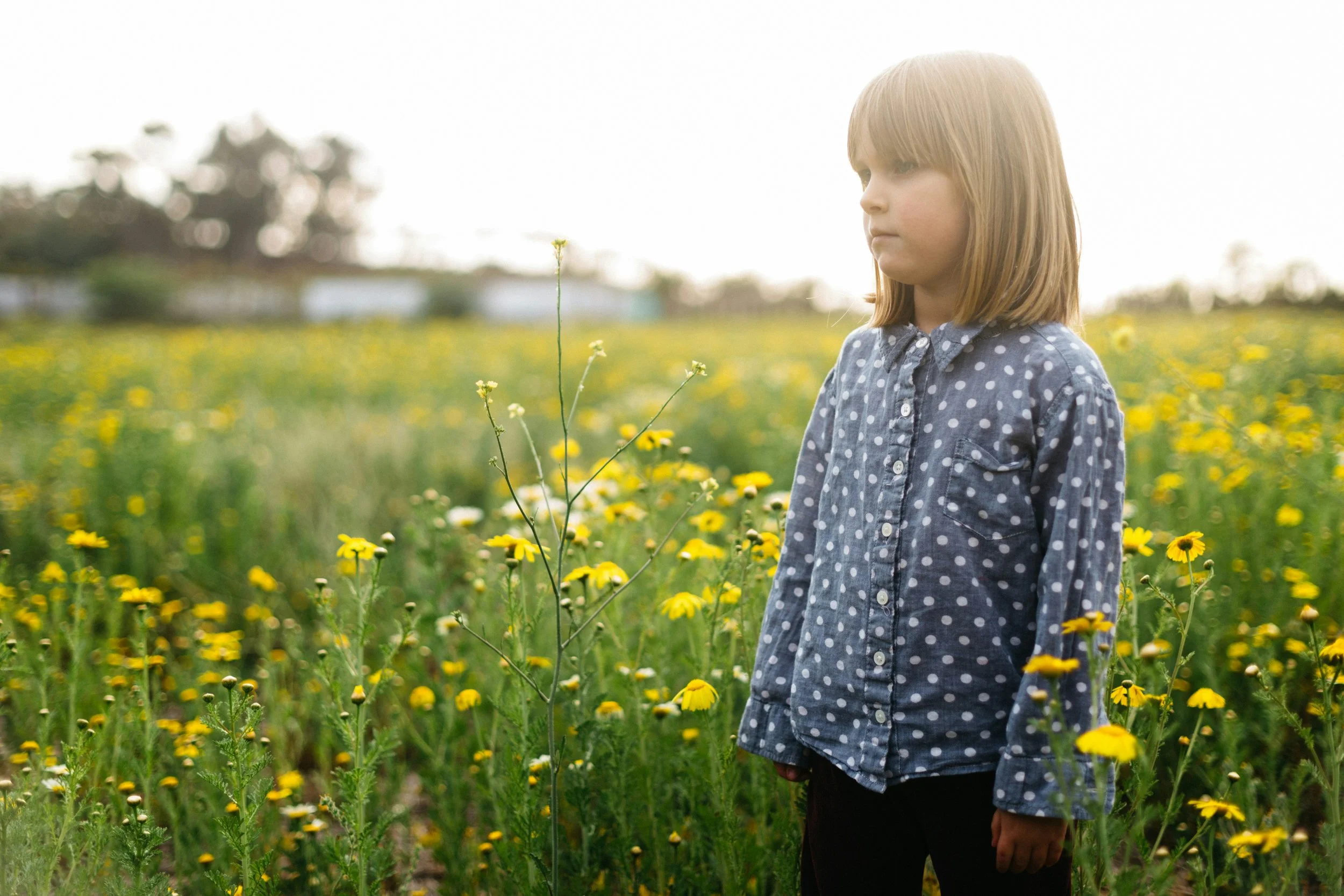Conquering Seasonal Allergies: A Parent's Guide to Helping Kids Thrive
As the seasons change and nature bursts into bloom, many children find themselves grappling with seasonal allergies. While springtime brings the promise of outdoor adventures and sunny days, it can also usher in sneezing, itching, and congestion for kids sensitive to pollen and other allergens. As parents, understanding and managing seasonal allergies is key to ensuring our children can fully enjoy the beauty of each season without the burden of bothersome symptoms.
Understanding Seasonal Allergies
Seasonal allergies, also known as allergic rhinitis or hay fever, occur when the immune system overreacts to airborne allergens like pollen from trees, grasses, and weeds. When children come into contact with these allergens, their immune system releases chemicals like histamine, triggering a cascade of symptoms such as sneezing, runny nose, itchy eyes, and congestion.
Recognizing Symptoms in Kids
Recognizing seasonal allergy symptoms in children is crucial for early intervention and management. Common symptoms of seasonal allergies in kids may include:
Frequent sneezing
Runny or stuffy nose
Itchy or watery eyes
Sore throat
Coughing
Fatigue or irritability
Dark circles under the eyes (allergic shiners)
Allergic salute (rubbing the nose upward)
Minimizing Exposure to Allergens
While it may be impossible to completely avoid seasonal allergens, there are steps parents can take to minimize their child's exposure and reduce the severity of their symptoms:
Stay Indoors During Peak Pollen Times: Pollen counts are typically highest in the morning and on dry, windy days. Limit outdoor activities during these times and opt for indoor play instead.
Keep Windows Closed: Keep windows and doors closed during peak pollen season to prevent allergens from entering the home. Consider using air purifiers with HEPA filters to remove airborne allergens from indoor air.
Change Clothes and Shower After Outdoor Activities: Encourage your child to change clothes and shower after playing outside to remove pollen and other allergens from their skin and hair.
Monitor Pollen Counts: Stay informed about local pollen counts and adjust outdoor activities accordingly. On high pollen days, consider postponing outdoor activities or taking preventive measures such as wearing sunglasses and a hat to reduce exposure.
Use Nasal Irrigation: Nasal saline irrigation can help rinse allergens from the nasal passages and relieve congestion. Consider using a saline nasal spray or neti pot as directed by your healthcare provider.
Medication Management
In addition to environmental modifications, medication management plays a crucial role in controlling seasonal allergy symptoms in children:
Antihistamines: Over-the-counter antihistamines can help relieve itching, sneezing, and runny nose associated with seasonal allergies. Choose non-drowsy formulations for daytime use and consult with your child's healthcare provider for appropriate dosing.
Nasal Corticosteroids: Nasal corticosteroid sprays can reduce inflammation in the nasal passages and alleviate congestion. These medications are typically used daily during allergy season for optimal effectiveness.
Allergy Shots (Immunotherapy): In severe cases or when symptoms are not adequately controlled with medications, allergy shots may be recommended. This long-term treatment involves regular injections of allergen extracts to desensitize the immune system to specific allergens.
Supporting Your Child
Living with seasonal allergies can be challenging for children, especially when symptoms interfere with daily activities and quality of life. As parents, it's essential to provide support, empathy, and encouragement to help your child cope with their allergies. Be patient, listen to their concerns, and work together to find effective strategies for managing their symptoms.
Moving Forward
While seasonal allergies can be a source of frustration for children and their families, with proper management and support, it's possible for kids to enjoy each season to the fullest. By understanding their allergies, minimizing exposure to triggers, and utilizing appropriate medications, parents can help their children thrive despite seasonal challenges. Remember, you're not alone on this journey – your child's healthcare provider is a valuable resource for guidance and support. Together, we can conquer seasonal allergies and ensure our children can embrace the beauty of every season with joy and vitality.
